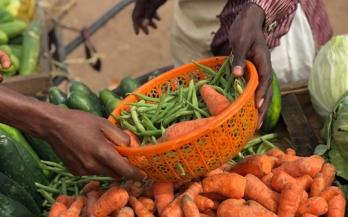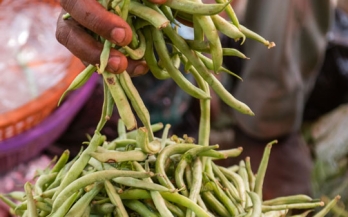

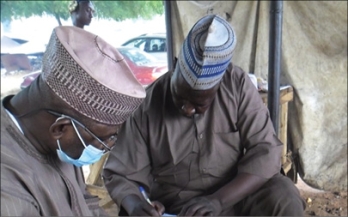
COVID-19 Response - EatSafe’s Food Price Monitoring Tool
Use EatSafe's new, interactive Food Price Tool to explore how the COVID-19 pandemic impacted food prices in traditional markets in Bangladesh, Ethiopia, Kenya, Mozambique, Nigeria, and Tanzania.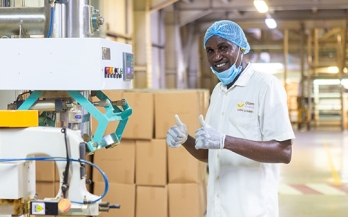
Nigeria to lead globally in developing a digital solution to guarantee nutritional quality of staple foods
- 11/03/2022
With the support of the Bill and Melinda Gates Foundation, GAIN is leading implementation of a pilot programme to develop a digitized system to ensure staple foods are fortified with the right levels of essential vitamins and minerals to support good health and nutrition. The system will also track the fortified foods to ensure they are reaching Nigerian consumers efficiently.
The Commercialisation of Biofortified Crops Programme: Monitoring reference manual
- 10/09/2020
The Commercialisation of Biofortified Crops (CBC) Programme was launched in 2019 to address widespread hidden hunger in Africa and Asia by significantly expanding the reach of foods and food products made with biofortified staple crops.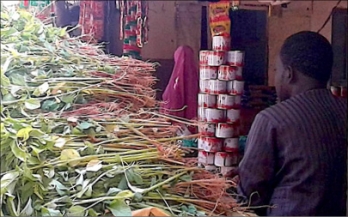
EatSafe Learnings from Phase I Research in Nigeria
- 04/01/2022
The EatSafe program conducted a range of formative research activities to understand the local context in Northwestern Nigeria. Learnings from these activities were then used to develop market-based interventions to increase consumer demand for improved food safety.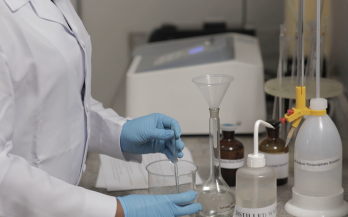
GAIN-IPAN Certification Course in Laboratory Analysis of Food Micronutrients (LAoFM)
- Nigeria
The GAIN-IPAN LAoFM certification training course is structured into three (3) progressive competency levels (Foundational, Intermediate, and Advanced). This Course is tailored made for industry professionals, private candidates, and technical staff of corporate organizations.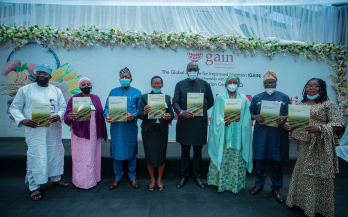
GAIN unveils Strengthening Nutrition In Priority Staples (SNIPS) Project in Nigeria
The Global Alliance for Improved Nutrition, Nigeria (GAIN), launched the Strengthening Nutrition in Priority Staples (SNIPS) Project in Nigeria The 5-year project will be implemented in four states: Benue, Kaduna, Nassarawa and Oyo, to improve the access and consumption of safe and nutritious foods in Nigeria.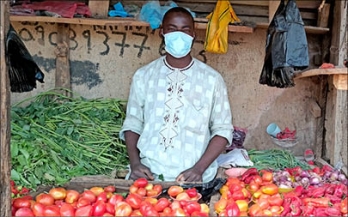
EatSafe Surveys for Insights into Markets during COVID-19
- 13/09/2021
From October 2020 to December 2021, EatSafe conducted bi-weekly consumer and vendor surveys in traditional markets to assess the functioning of markets and market actors under COVID-19. The resulting Bulletins and Traditional Market Reports present detailed reports on trends in consumer resilience, vendors' business impacts, and food price changes.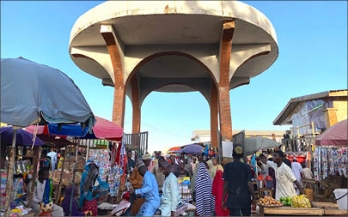
Focused Ethnographic Study on Food Safety Values in Birnin Kebbi, Nigeria
- 26/10/2021
EatSafe conducted a focused ethnographic study to examine perceptions, knowledge, and experience related to food safety among consumers and traditional food market vendors in Birnin Kebbi, Nigeria.